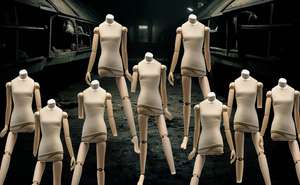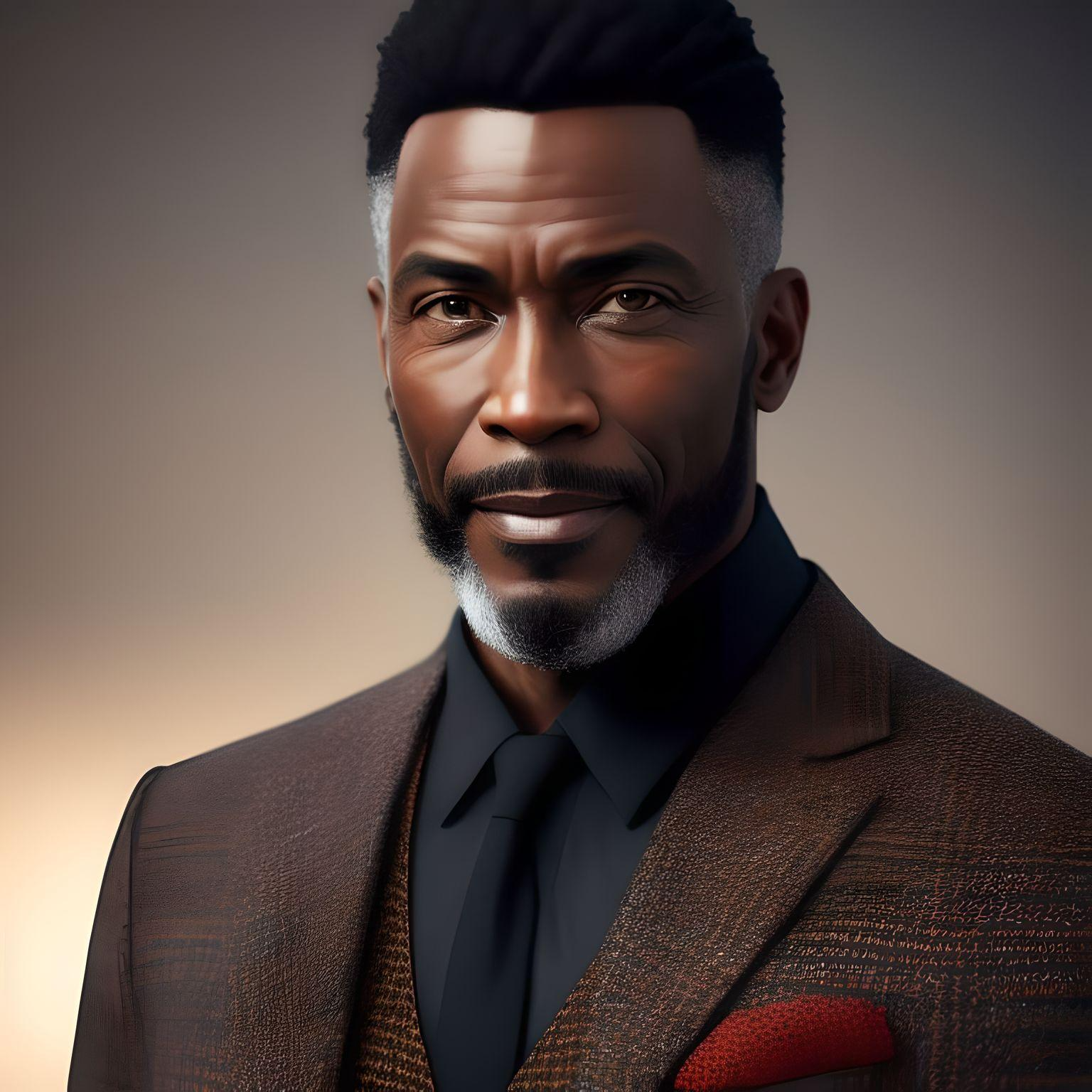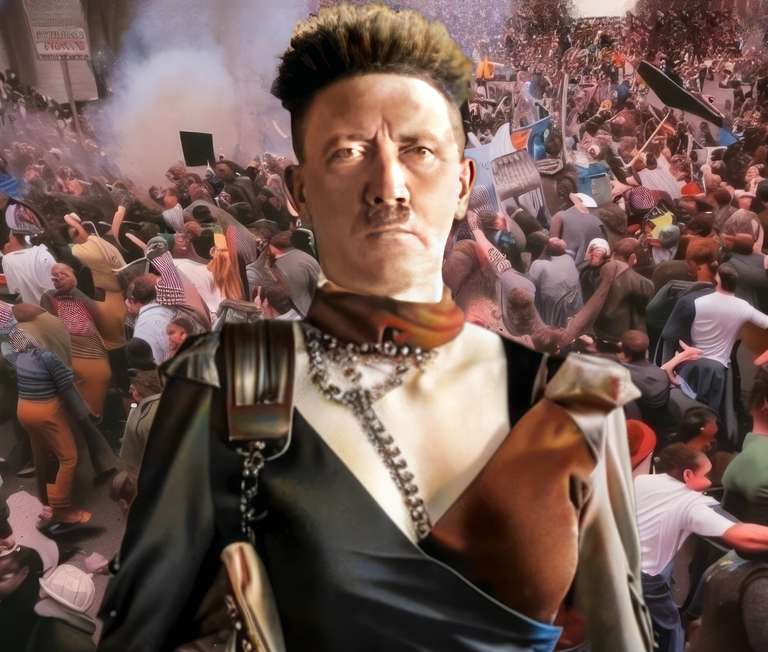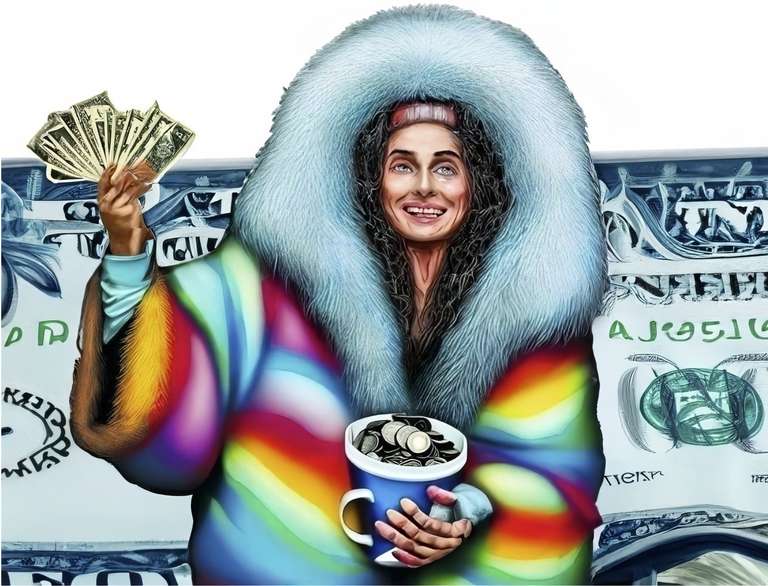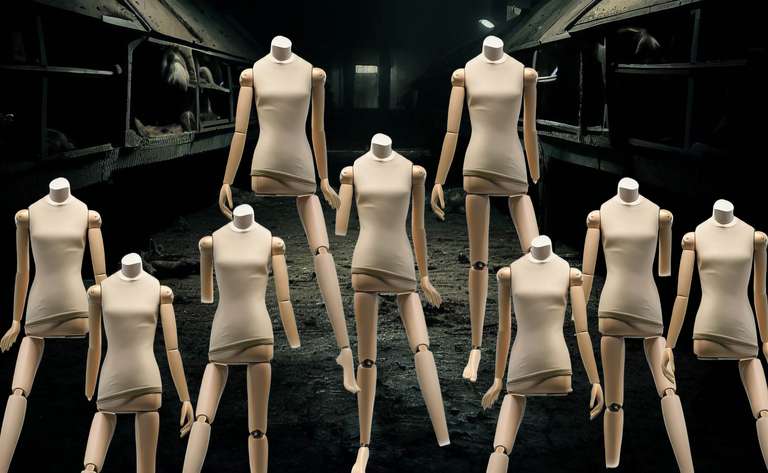Hollywood Responds to "Sound of Freedom" with Child Trafficking Dance Musical
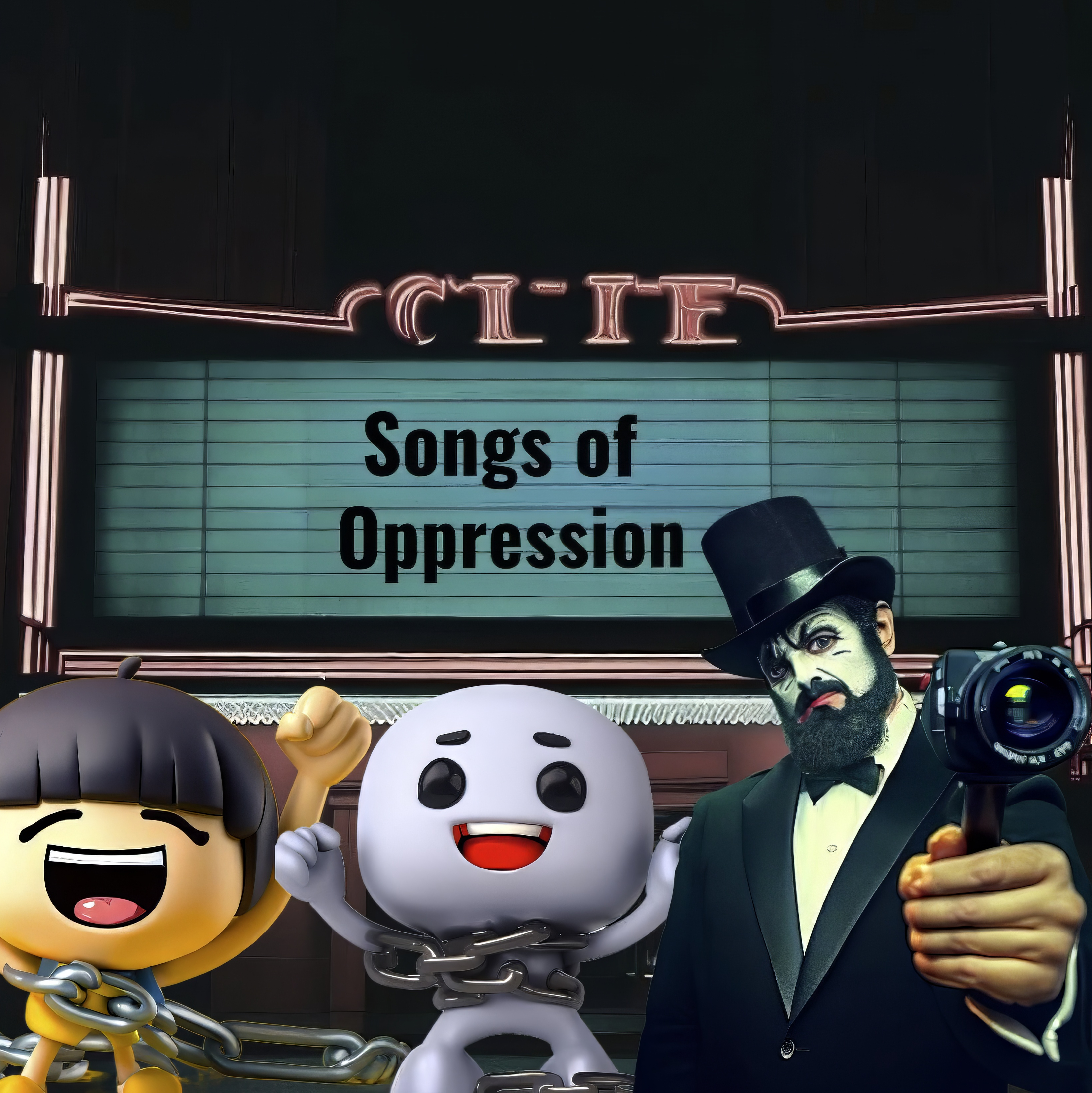
LOS ANGELES, CA — The truth finally came to light why Hollywood suppressed the anti-child-trafficking film "Sound of Freedom'' for five years. Nepotism. Dizzy Pictures, a struggling film production company, was already producing "Songs of Oppression: A Love Letter to Child Traffickers", a dance-filled musical extravaganza that portrays pedophiles as "misunderstood victims of society". Even more shocking is that the film will be a hybrid of live-action and animation in the spirit of "Roger Rabbit."
Hollywood's pivot towards painting child traffickers in a sympathetic light, although not unexpected, is causing an uproar among movie-goers. When asked about Tinseltown's stance, film critic Rebecca Daniels stated "This choice speaks volumes about their priorities. They're romanticizing child abusers. The public deserves an explanation."
Director Harmony Vega, a famed champion of progressive causes, says the film is about "balancing the narrative towards 'casualties of capitalism' [the traffickers] who are forced into a deplorable trade by an unforgiving system" and "portraying authentic human struggle while keeping our toes tapping."
"Sound of Freedom" has grossed $124 million since its release, strongly resonating with audiences as it masterfully exposes the darkest corners of the child trafficking underworld. A stark contrast to Dizzy Pictures' devilish dance-a-thon championing child traffickers who they believe have been unjustly "demonized."
Critics from all walks of life have condemned "Songs of Oppression" for blurring the lines of morality with a catchy, foot-stomping depiction of pedos. Vega brushes off those fears, insisting the film is simply "telling stories that need to be told, with a dash of high kicks, jazz squares, and a pinch of magic Dizzy dust."
Carlton DeBonair, a noted method actor with a flair for theatrical performances, has been cast as the lead trafficker who, according to DeBonair, is a "misunderstood crusader against capitalism and those interfering with true love." DeBonair is reportedly taking singing lessons and learning an intricate tap routine for the role.
"Songs of Oppression," despite the controversy, is slated for the box office later this year. For those of us grounded in reality, we'll stick with the gut-wrenching but necessary truth of "Sound of Freedom." It seems clear which of these films truly dances to the beat of justice.

